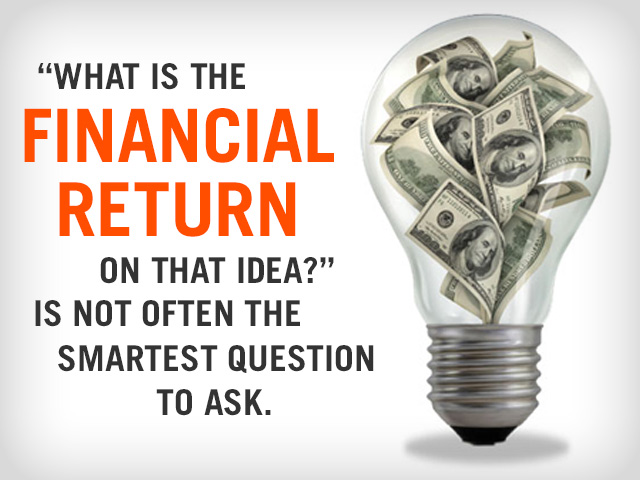Peter Drucker once told us about an interesting investment rule that the financier J.P. Morgan had developed more than a century ago.
Morgan had observed an interesting pattern in his client companies. Those having excessive pay differences between levels in their hierarchies did not perform as well. Consequently, he would not invest in a company if pay differences from level to level were more than thirty percent.
Morgan had put his finger on something important. If differences between levels in a company become too great, its intangible fabric of trust, communication and respect unravels, which introduces enormous hidden costs. It also plays havoc with the upward flow of ideas.
Perks and privileges that arise from management feelings of superiority speak volumes in the same way.
In Riverside, California, one such perk revealed much about the attitude of the county executives toward their workers. County policy specified that all bathroom tissue purchased for county government bathrooms must be 2-ply. Yet the county supervisor had quietly upgraded the toilet paper used in the bathrooms of the county’s top executives to a more expensive and softer 4-ply. A whistleblower “outed” this perk to the press just after the county announced that employees had to take a ten percent pay cut in response to a budget crisis. After a storm of negative coverage of what the media dubbed “Bathroom Tissue Gate,” the embarrassed officials sheepishly reverted back to 2-ply.
In our own work with idea-driven organizations, we constantly come across leaders who make it a priority to keep their managers grounded. Once too much distance develops between layers in a hierarchy, it becomes very difficult to create a culture and organization where bottom-up ideas are valued and acted on.
Large pay disparities and extravagant status symbols tell managers that they are better than the people who work for them. Once they believe that, they can easily believe that they know better too. And that is fatal to their ability to lead an idea-driven organization, that is, one driven by bottom-up ideas.


